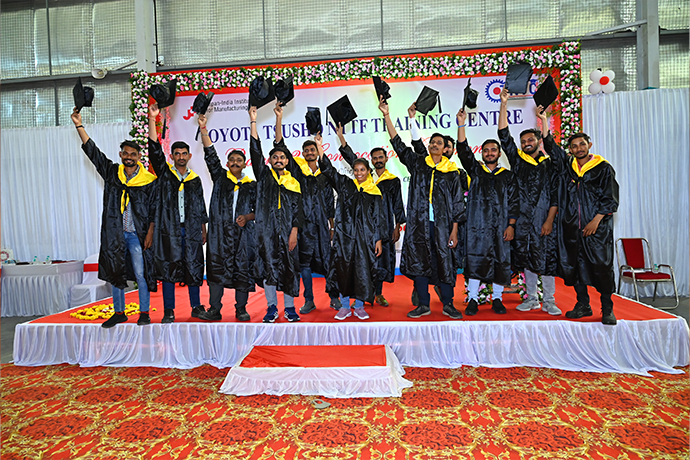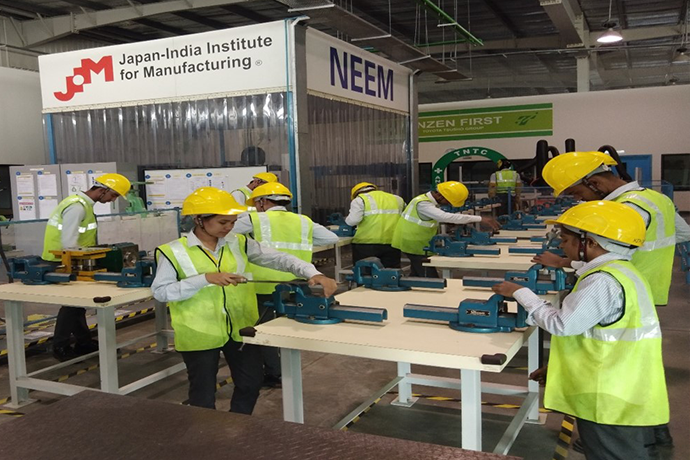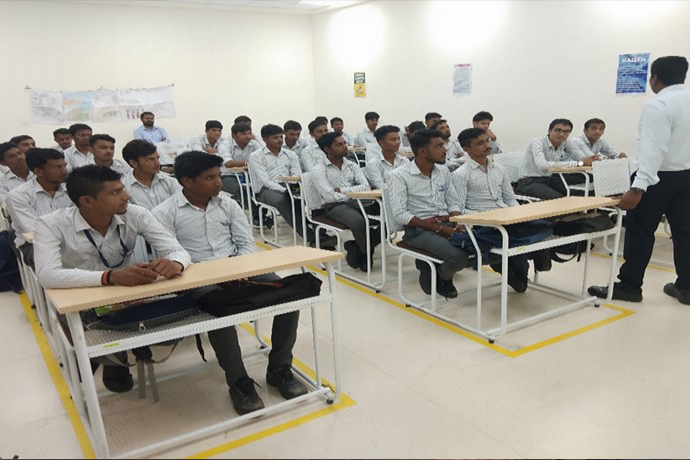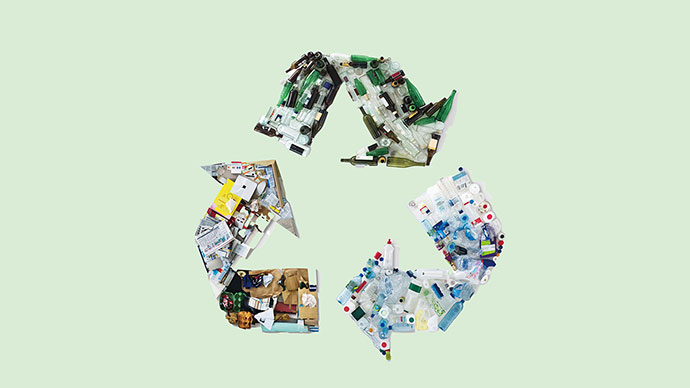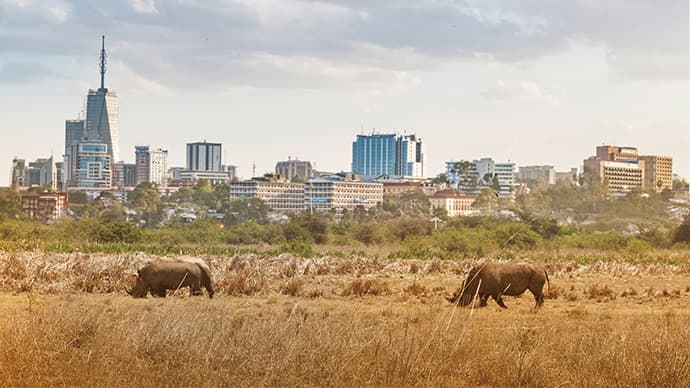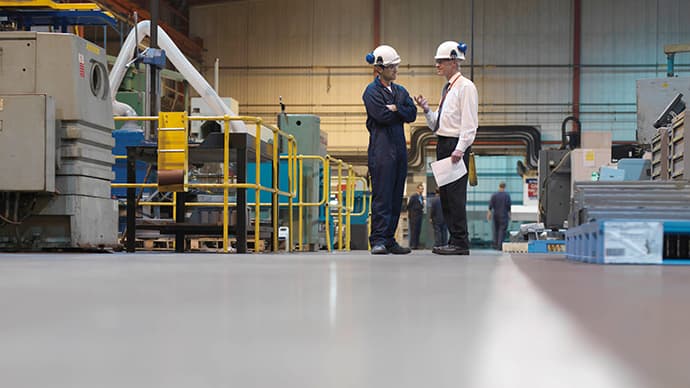Initiatives for Addressing Key Sustainability Issues (Materiality)
Initiatives for Addressing Key Sustainability Issues (Materiality)
Key Sustainability Issues (Materiality) and Community Investments
Toyota Tsusho places great importance on its relationships with the communities where it conducts its business. We contribute to the development of these communities through social investments in local infrastructure development, industrial development, human resources development, job creation, medical provisions, and other activities.
This is the reason why we have set "Grow with developing countries, and endeavor to solve social issues through business operations" as one of the above-mentioned six key sustainability issues (Materiality) in developing countries, especially in Africa, which is one of our focus regions.
In Africa, under the philosophy of “WITH AFRICA FOR AFRICA,” in Kenya, for example, we have been working as a strategic business partner of the country to support the realization of its national vision. Using this experience as a pilot model, we will promote the autonomy of the people who live there by developing basic infrastructure to improve living environments and providing opportunities for occupational training, while achieving the growth of Toyota Tsusho.
- Investment plan for business in Africa
Investment plan for fiscal year ending March 31, 2024−fiscal year ending March 31, 2026 (3 years): 110.0 billion yen
Examples in Regions Outside of Africa
Example #1: Supporting the Recovery from the Great East Japan Earthquake through a Lithium Hydroxide Plant
Toyotsu Lithium Corporation, a Toyota Tsusho Group company, manufactures lithium hydroxide, which is essential for the development of the next mobility field. Lithium hydroxide is the raw material for the cathode material of automotive lithium-ion batteries and plays an important role in the transition to a decarbonized society.
Toyota Tsusho established the company's plant in Naraha-machi, Fukushima Prefecture, which was severely damaged in the Great East Japan Earthquake, as a project eligible for the Subsidy Program for Industrial Location and Job Creation to Support Independence and a Return to Recovering Areas, from the Ministry of Economy, Trade and Industry. We will contribute to the revitalization of the local economy and the recovery of industries in the affected areas, with the cooperation of the Ministry and Fukushima Prefecture.
Case #2: Establishment of a Department Specializing in Community Development at Eurus
The operations of Eurus Energy Holdings Corporation (Eurus), a company engaged in the renewable energy business, are closely linked to local communities. While Eurus always emphasized community contribution activities, in April 2023, it established the Community Development and Innovation Office (currently the Community Development and Innovation Department) as an organization specializing in dialogue with local communities based on the belief that it is time to move on to the next new stage.
The power generation business operates on borrowed land that is important to the community. The reason for using “Innovation” instead of “Contribution” in the name of the organization is based on the belief that Eurus' businesses can only be sustainable if they develop in tandem with the community. In Hokkaido, Tohoku, and other regions where we are engaged in the power generation business, we work together with Toyota Tsusho's branches that understand local needs and make every effort to contribute to the region.
Case #3: Establishment of Japan-India Institute for Manufacturing in India
In 2018, Toyota Tsusho established the Toyota Tsusho NTTF Training Centre (TNTC) in Mandal Industrial Park for dedicated use by Japanese companies in Gujarat, India, to develop human resources to work for companies operating in the region.
TNTC provides educational opportunities for students who cannot afford education for economic reasons and creates employment opportunities. With the support of companies operating in the industrial park, students learn Japanese-style manufacturing through a three-year program of classroom lectures, practical training, and on-site training, aiming to become future leaders who will play an active role in the field.
The students who joined the program in the first and second terms have now graduated, and 85% of them have found jobs at the industrial park. Utilizing their experience at TNTC, some students have gone on to higher education, some aspire to become lecturers, and some have even started their own businesses. Currently, TNTC is in its seventh term with a total of 137 students.
TNTC is certified by the Ministry of Economy, Trade and Industry as a "Japan-India Institute for Manufacturing*." By operating this school, we will make further contributions to "Make in India" and "Skill India" as set forth by the Indian government.
*This is one of the human resource development programs in which the Japanese and Indian governments and Japanese companies collaborate to establish Japanese-style discipline and skills at manufacturing sites in India, with the aim of fostering human resources who will play key roles in manufacturing sites in the future.
